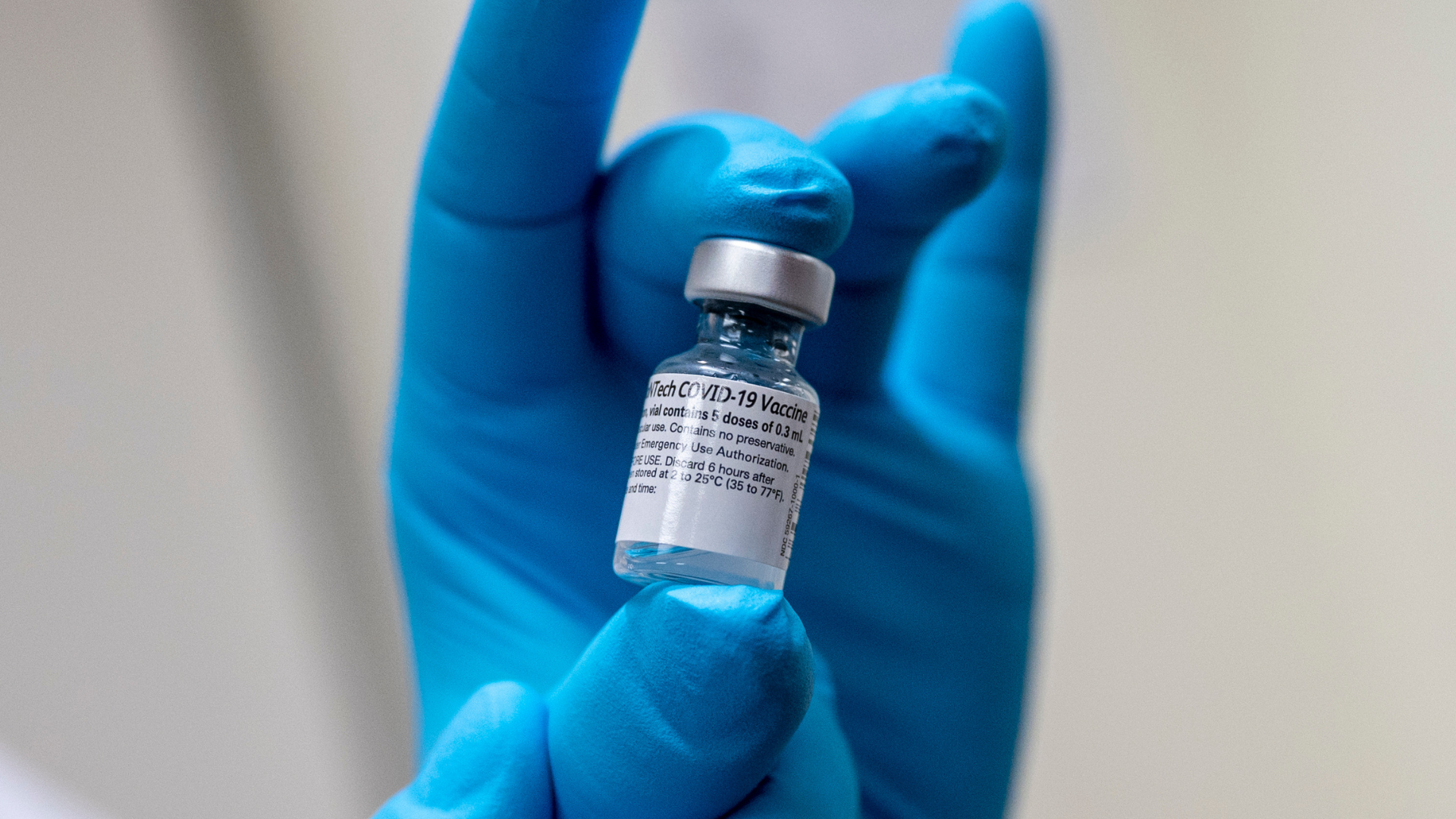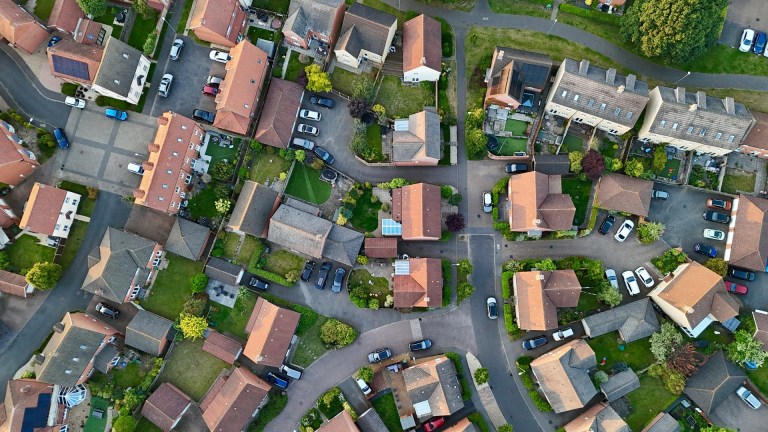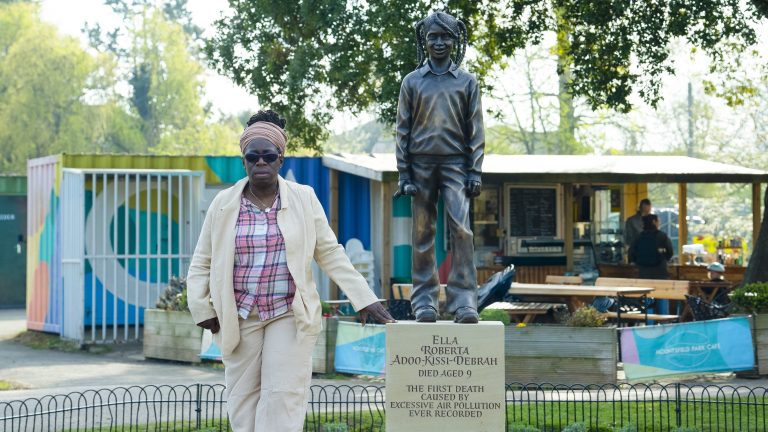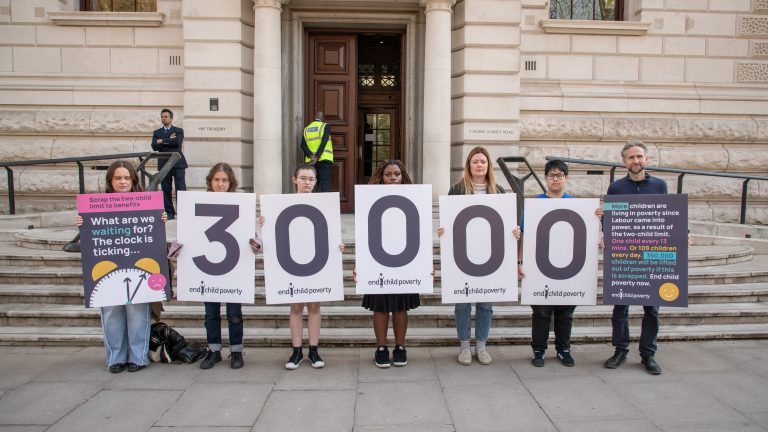The virus has disproportionately hit people from minority ethnic groups, with mortality for Black African or Black Caribbean ethnicity at least two times higher than that of white people in 2020.
But the new report found the direct impacts of Covid had improved for ethnic minorities as a whole during November’s second wave, with work underway to consider why there had been a disproportionate effect on Pakistanis and Bangladeshis.
The report added that deprivation continued to be a “major driver of disparities” and ethnic minorities should not be considered a single group facing similar risk levels.
More than 18 million people have received their first dose of the coronavirus vaccine in the UK, but those from minority ethnic groups are less likely to have the jab than their white counterparts.
The latest OpenSAFELY study, led by Oxford University and London School of Hygiene and Tropical Medicine, showed approximately 60 per cent of black people over 70 had been vaccinated compared to 75 per cent of South Asians and 90 per cent of white people.
Advertising helps fund Big Issue’s mission to end poverty
The Government will now work with dozens of ethnic minority media outlets to reach millions of people who speak different languages and try to tackle misinformation and boost vaccine confidence.
Equalities minister Kemi Badenoch emphasised the importance of vaccines and called on people to take them up when offered.
“The latest data shows that this is not a one-size-fits-all situation,” Badenoch said.
“Outcomes have improved for some ethnic minority groups since the first wave, but we know some communities are still particularly vulnerable.
“Our response will continue to be driven by the latest evidence and data and targeted at those who are most at risk.
Advertising helps fund Big Issue’s mission to end poverty
“There is light at the end of the tunnel, and as the vaccine rollout continues, I urge everyone who is offered one to take the opportunity, to protect themselves, their family, and their community.”
But Labour criticised the Government for being to slow to act on the “devastating and disproportionate” impact of Covid on minority ethnic communities.
“The Government must now ensure its vaccine programme reaches every community and addresses the long-standing mistrust and health inequalities that contribute to low take-up,” said Marsha de Cordova MP, shadow women and equalities Secretary.
“It must also recognise that the key drivers of the disproportionate impact – such as profession and where you live – are led by structural racism. We need a clear strategy now to tackle these deep-rooted inequalities.”
The first RDU report on Covid-19 disparities in October concluded that several socioeconomic and geographical factors coupled with pre-existing health conditions had contributed to the higher infection and mortality rates among ethnic minority groups.
The report made several recommendations for how the Government, NHS and councils could reduce health inequalities and improve outcomes for vulnerable communities.
Advertising helps fund Big Issue’s mission to end poverty
Another two reports will be presented to the prime minister and health secretary as part of a year-long project.










